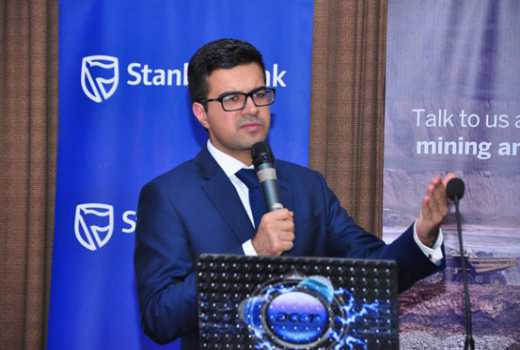×
The Standard e-Paper
Fearless, Trusted News

NAIROBI, KENYA: As 2018 beckons, it promises to turn around the fortunes for Kenya’s corporate sector whose chief executives are happy to leave 2017 behind. Here are opinions of the captains of the corner office.
Telkom Kenya CEO Aldo Mareuse